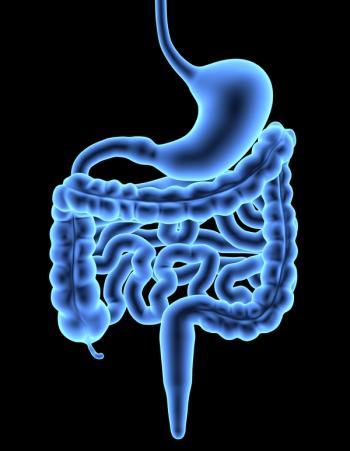
Recent data indicated that the combination of neoadjuvant docetaxel, oxaliplatin, and S-1 followed by surgery and adjuvant S-1 was effective and tolerable in a population of Korean patients who had locally advanced gastric cancer.

Your AI-Trained Oncology Knowledge Connection!


Treating Frontline PD-L1+ Gastric/GEJ Adenocarcinoma With Pembrolizumab Monotherapy or Plus Chemo Results in Similar OS as SOC
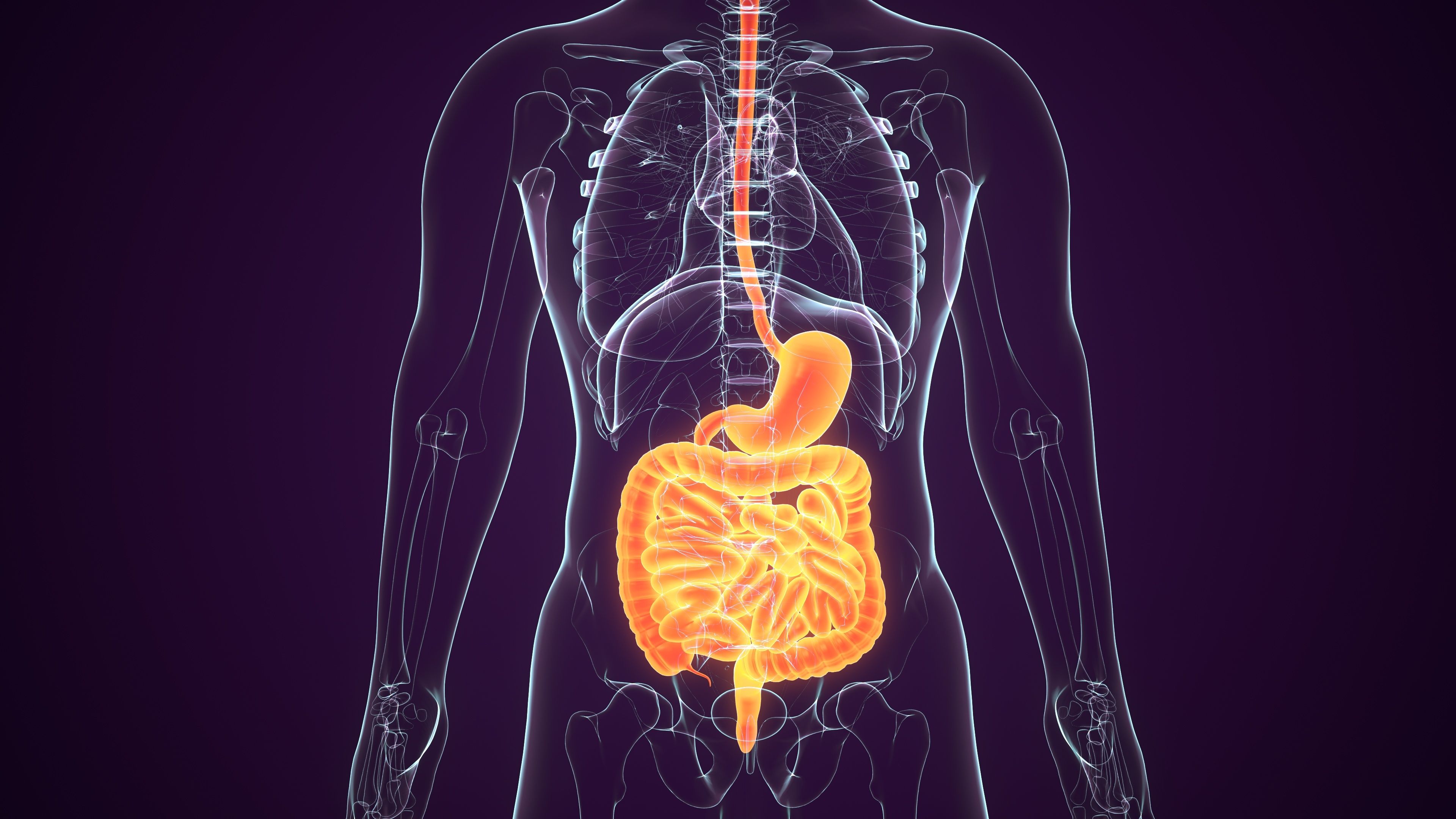
Limited Clinical Activity Attributed to Second-Line Treatment With Linagliptin Plus Atezolizumab in Gastric/GEJ Carcinoma

Recent data indicated that the combination of neoadjuvant docetaxel, oxaliplatin, and S-1 followed by surgery and adjuvant S-1 was effective and tolerable in a population of Korean patients who had locally advanced gastric cancer.

The pharmaceutical company plans to voluntarily withdraw the accelerated approval indication for pembrolizumab in the third line setting for patients with gastric cancer within the coming months.
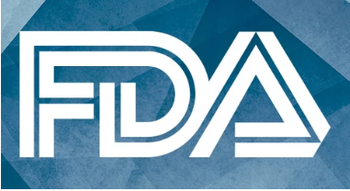
The agency approved nivolumab in combination with certain types of chemotherapy for the initial treatment of patients with advanced or metastatic gastric cancer, gastroesophageal junction cancer and esophageal adenocarcinoma, making it the first approved first-line immunotherapy for this patient population.
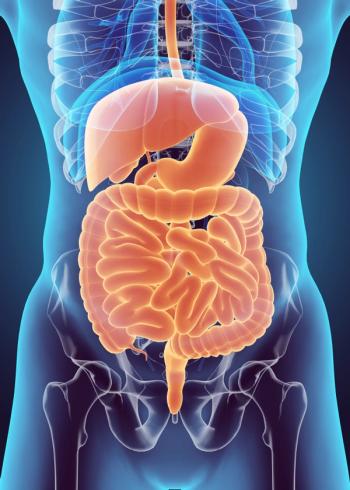
Nivolumab in combination with paclitaxel showed clinical activity and a manageable safety profile when used as second-line therapy for patients with Epstein-Barr virus–related, microsatellite instability–high/mismatch repair deficient or PD-L1–positive advanced gastric cancer.

Trastuzumab deruxtecan has not only demonstrated efficacy as a potential anti-HER2 therapeutic option for patients with HER2-amplified gastric cancers, but has also shown promise in those with HER2 moderate-, low-, and non-expressing disease.
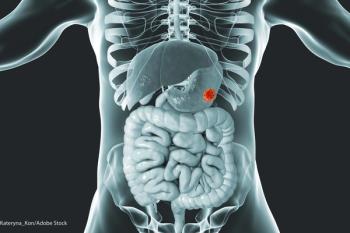
Incidence of early-onset gastric cancer has steadily increased in the US, now comprising >30% of new gastric cancer cases today, causing researchers to try and discover what makes this disease type unique.
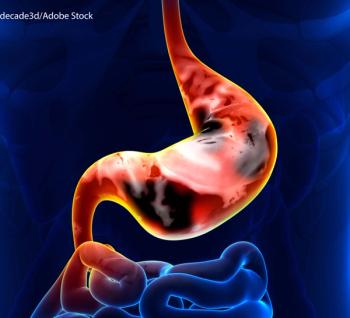
A combination of trifluridine and tipiracil showed some gains in overall survival for patients with metastatic gastric cancer or gastroesophageal junction cancer.

TAS-102 improved overall survival, compared with placebo, in patients with metastatic gastric or gastroesophageal junction (GEJ) cancer.

Laparoscopy-assisted distal gastrectomy offered better short-term, post-surgical outcomes for patients with locally advanced gastric cancer who were undergoing neoadjuvant chemotherapy.

Patients responded relatively well to the phase I trial testing a new treatment for several malignancies, including gastric and gastroesophageal junction adenocarcinomas.

A new study found an upward trend over the last 12 years of cases of gastrointestinal cancer in young patients in Latin America.

Dr. Wilson discusses a chemopreventive drug that may help prevent gastric cancer by acting directly on H. pylori.

Researchers tested the novel oral fluoropyrimidine derivative S-1 plus oxaliplatin vs S-1 plus cisplatin in patients with diffuse-type or mixed-type advanced gastric adenocarcinoma.
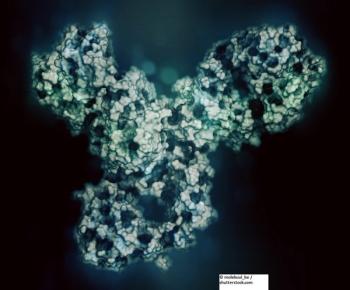
Select patients with advanced gastric or gastroesophageal junction cancer may benefit from initial therapy with pembrolizumab, according to the KEYNOTE-062 trial.
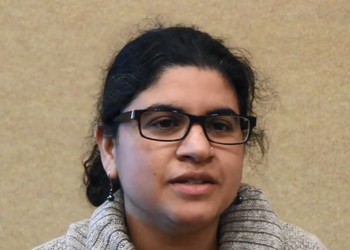
Cancer Network spoke with Dr. Shaila Merchant about the difficulty in determining and linking the many disparities in gastric cancer and how genetic research can help.
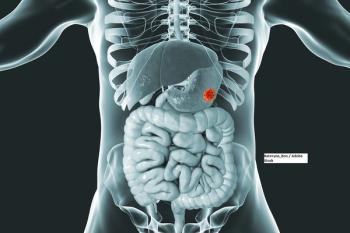
Researchers found that adding andecaliximab to treatment for gastric cancer may benefit older patients.

As part of our coverage of the 2018 GI Cancers Symposium, we discussed the role of locoregional therapies for patients with metastatic esophageal and gastric cancers.

First-line ramucirumab in combination with chemotherapy significantly improved progression-free survival in patients with metastatic gastric or gastroesophageal junction adenocarcinoma, according to results of the RAINFALL trial.

Undergoing cytoreductive surgery plus hyperthermic intraperitoneal chemotherapy (HIPEC) resulted in improved overall survival compared with resection alone for patients with gastric cancer with peritoneal carcinomatosis, according to data presented at the 2018 Gastrointestinal Cancers Symposium.
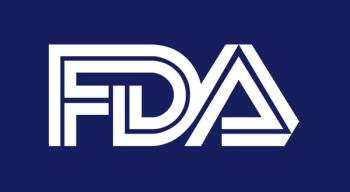
The FDA approved a biosimilar for trastuzumab, Ogivri, for the treatment of patients with HER2-positive breast and stomach cancer.

Do you know how many men and women are estimated to be diagnosed with gastric cancer this year? How about some of the known risk factors for this disease? Test your knowledge in our latest quiz.

The combination of olaparib plus paclitaxel failed to significantly improve overall survival compared with placebo plus paclitaxel in Asian patients with advanced gastric cancer, according to the phase III results of the GOLD study.

Adolescent obesity may be associated with an increased risk for non-cardia gastric cancer, according to the results from a cohort of almost 1.8 million men and women.

Treatment with adjuvant chemotherapy improved the overall survival of locally advanced gastroesophageal adenocarcinoma in patients treated with preoperative chemoradiotherapy and resection, according to the results of an analysis of the National Cancer Database.

The FDA has granted accelerated approval to pembrolizumab (Keytruda) for the treatment of locally advanced or metastatic gastric or gastroesophageal junction adenocarcinoma.